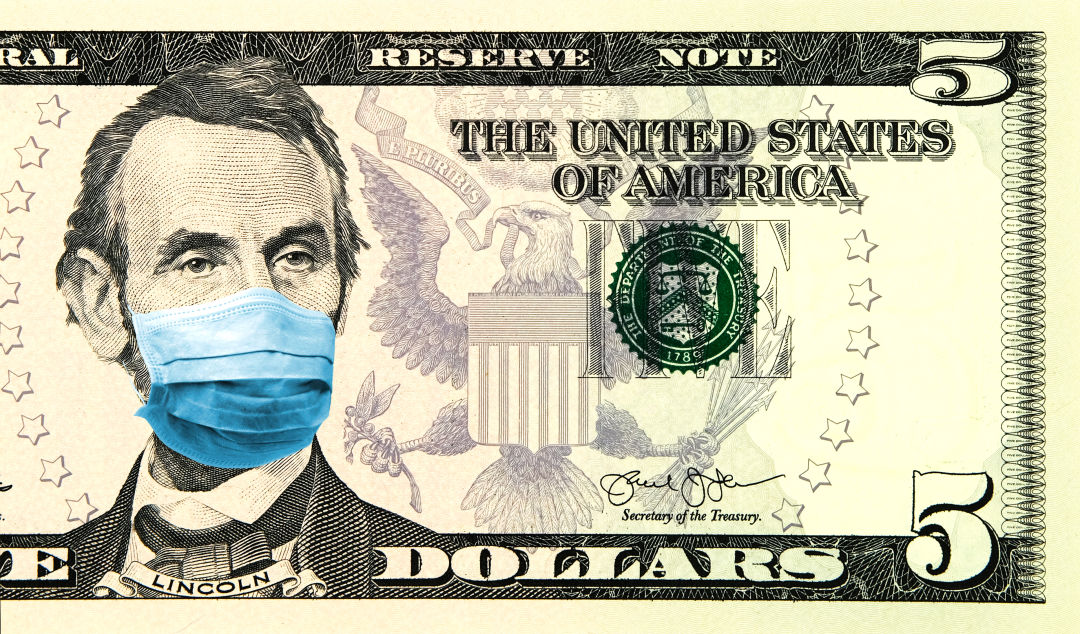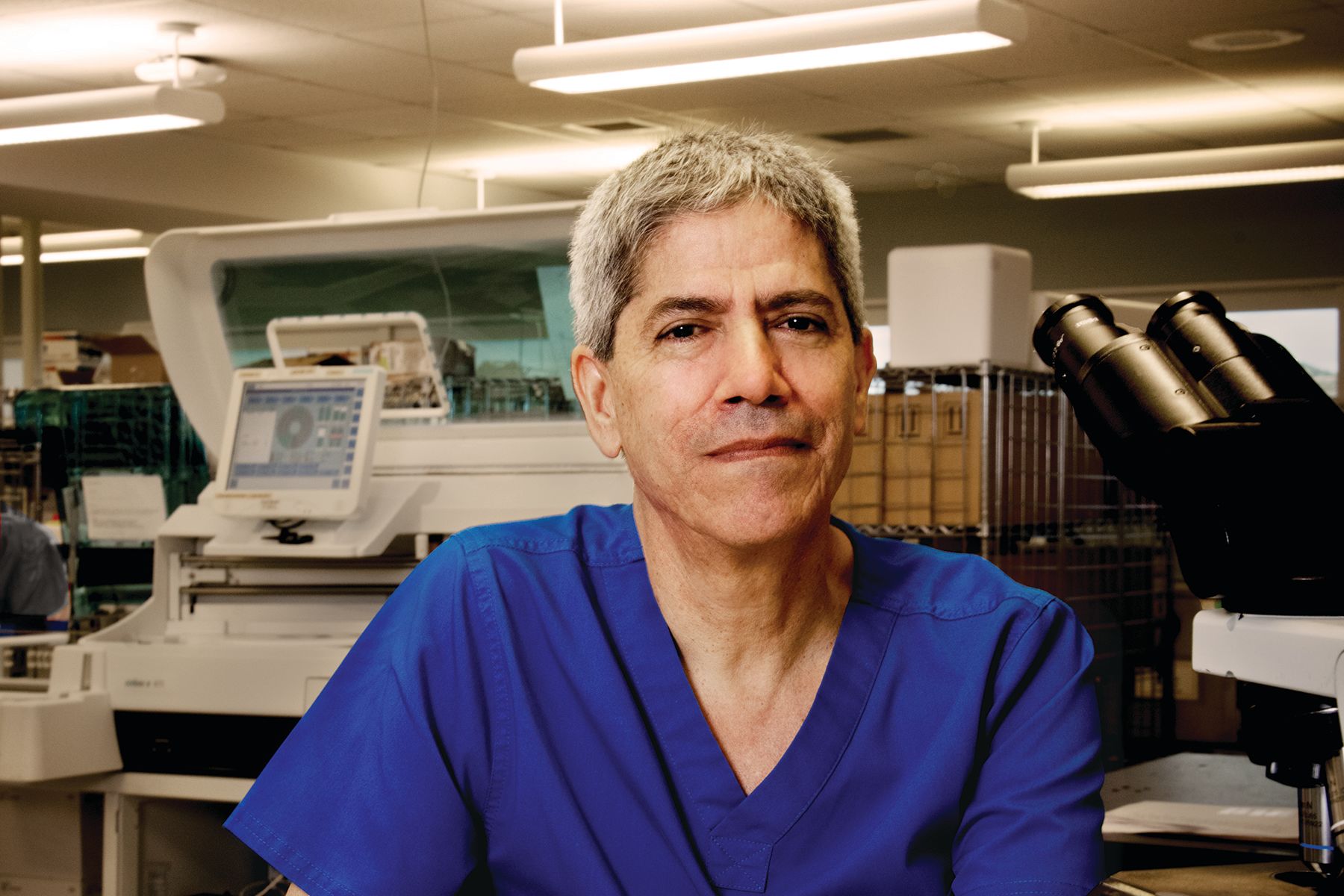Is an Economic Shutdown Worse Than COVID-19? A State Economist Weighs In

Image: Shutterstock
The toll from the COVID-19 pandemic has generally been measured in rates of infection, hospitalizations and death. But Sean Snaith, one of Florida’s best-known economists, says “self-inflicted” damage to the economy has become more devastating than the virus itself.
“We’ve bulldozed the economy,” says Snaith, the director of the University of Central Florida’s Institute for Economic Forecasting. “Twenty-six million Americans have lost their jobs in the span of five weeks. We have never seen anything like that before. This is devastation.”
Florida has emerged as one of the slowest states in the nation to process an avalanche of unemployment claims since the coronavirus hit.
History never repeats itself but it rhymes.
— Sean Snaith, Ph.D. (@SeanSnaith) April 10, 2020
Economic self-flagellation to protect ourselves from the plague.
Snaith is not a gun-toting protestor wearing a George Washington mask and screaming at nurses in a public square. He readily acknowledges the pain being felt by those mourning the deaths of loved ones. A child of a friend was killed by the virus, Snaith says, and the victim was buried without even a funeral service. He says there “are no good choices” when confronting a virus that is spreading rapidly and, as of April 23, had killed nearly 200,000 people worldwide and close to 50,000 people in the United States.
“But there are eight billion people in the world, so the number of deaths from the virus, as bad as it has been, does just not justify devastating the economy,” he says. “There has to be a cost-benefit analysis over this, and we haven’t done that.”
Vulnerable populations, including the elderly and people with preexisting conditions, should continue to mitigate risks. But Snaith contends that the threat to the overall population from the virus is far less than models predicted a month ago, including an influential report by Imperial College London, which predicted that without mitigation the virus could kill 2.2 million Americans. New modeling suggests that the death rate from COVID-19 has peaked in the United States and that the number of U.S. deaths is not expected to exceed 100,000—which would be in line with the Asian Flu in 1957 and the Hong Kong Flu in 1968, neither of which led to economic shutdowns.
Health experts warn that reopening commerce too soon could lead to a resurgence in cases. They also note that a primary reason that the number of deaths in the United States has not come close to worst-case forecasts is because of social distancing and closing businesses and public areas. But the models also suggest that deaths from the virus have peaked in Florida. As of April 23, COVID-19 had killed 1,072 people in Florida. That compares with 3,091 influenza/pneumonia deaths in 2018 in Florida.
Assuming current social distancing policies, the Institute for Health Metrics and Evaluation at the University of Washington projects another 600 people could die from COVID-19 over the next month in Florida, but after that the model projects virtually no deaths from the virus in Florida from June 1 to August 1, when its forecast ends.
Any cost-benefit analysis, Snaith argues, must include the economic toll on the lives of millions of Floridians who have lost their jobs or been forced to close their businesses.
In January 2010, in the heart of the Great Recession, a record 11.9 percent of Floridians were unemployed. Snaith says economic conditions now are even worse. He expects Florida’s jobless rate, which stood at a record low of 2.8 percent in February, to soon be over 10 percent.
“We are already well past where we were [at the start of the Great Recession],” he says. “That boat has set sail.”
Florida’s closest neighbor, Georgia, has raised alarms by reopening its economy. By Monday, fitness centers, restaurants, hair and nail salons and even movie theaters will be allowed to resume business in Georgia. Florida and the rest of the nation will see over the next few weeks the public health consequences of Georgia’s decision, as well as whether Georgia’s economy comes back to life. Even though businesses are open, Georgians may choose to keep their distance.
“People who are scolding Georgia probably are still employed,” Snaith says. “They say the definition of a recession is when your neighbor loses his job. A depression is when you lose your job.”



